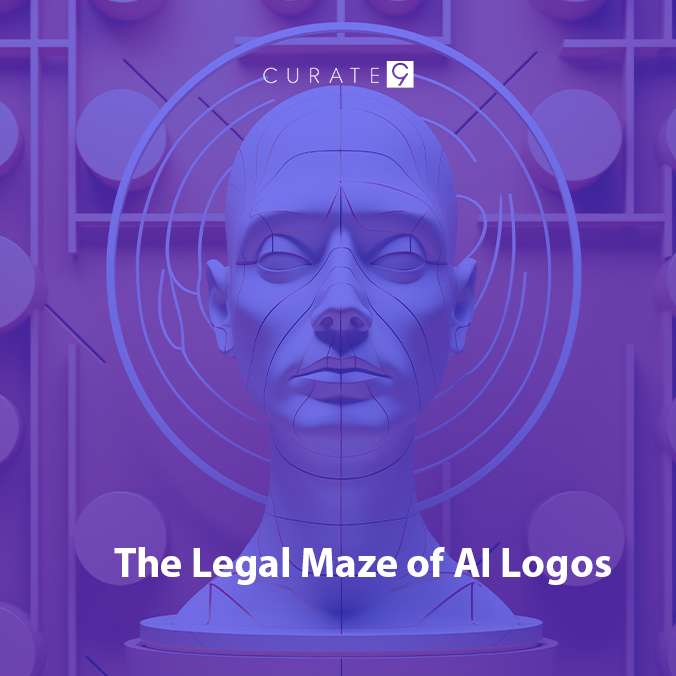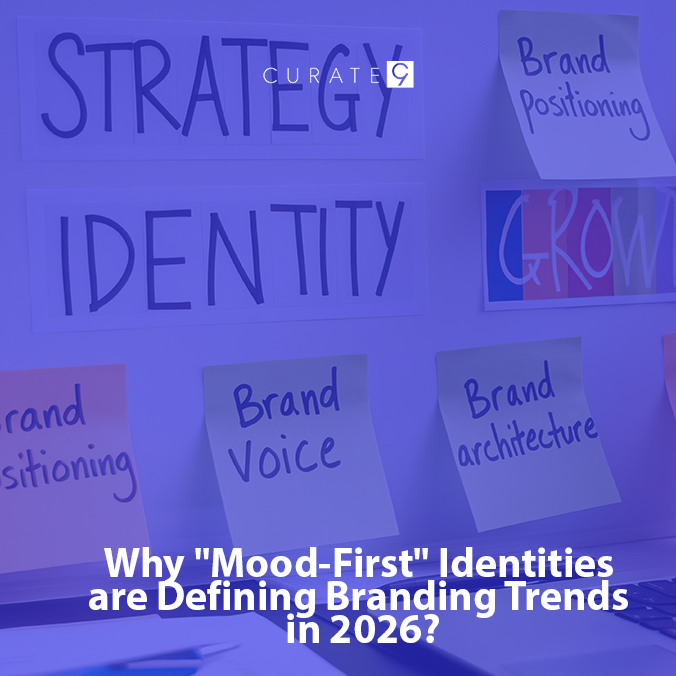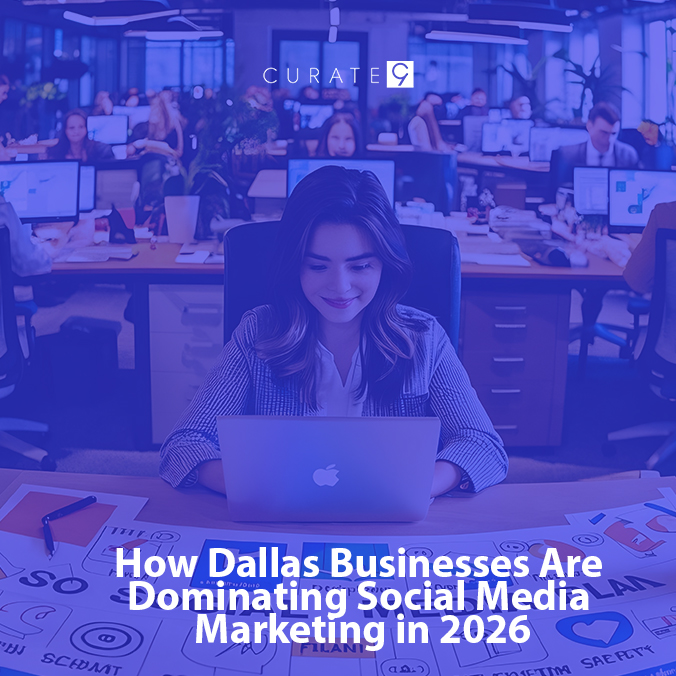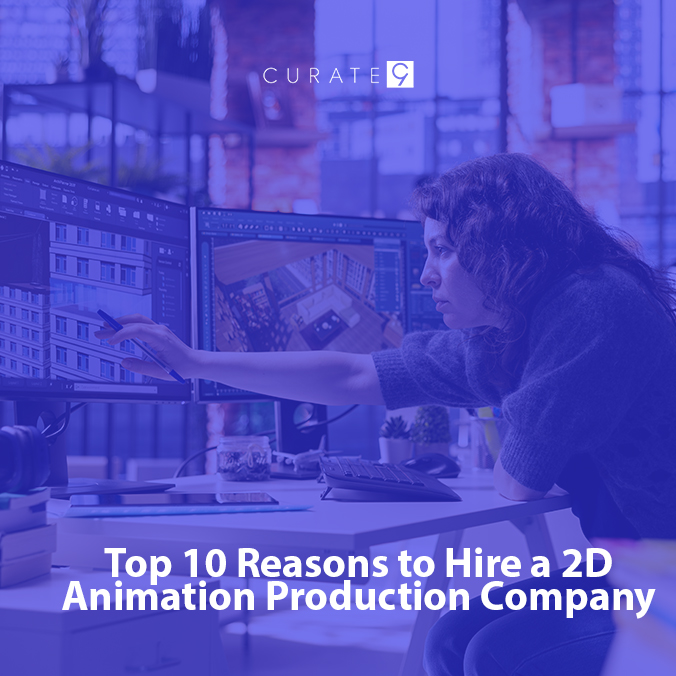The rise of artificial intelligence has revolutionized many industries, and graphic design is no exception. With tools capable of generating stunning visuals in mere seconds, businesses are increasingly turning to AI for their branding needs, particularly for logos. It’s fast, often affordable, and incredibly efficient. But as this technological wave sweeps through the creative landscape, a critical question emerges: Are AI-generated logos legal to use? This isn’t just a technicality; it’s a fundamental query that impacts intellectual property, brand security, and future innovation. For businesses looking to establish a strong, defensible brand identity, understanding the legal nuances of AI-created assets is paramount.
The AI Logo Revolution: A Balancing Act
The allure of AI in logo design is undeniable. Tools like Midjourney, DALL-E, and Looka are at the forefront, using sophisticated algorithms to turn text prompts into visual concepts. However, this power comes with a significant trade-off.
- Pros of AI-Generated Logos:
- Speed and Efficiency: AI can generate hundreds of concepts in minutes, dramatically accelerating the initial design phase.
- Cost-Effectiveness: For small businesses or startups with limited budgets, AI tools can be a low-cost alternative to hiring a professional designer for basic designs.
- Creative Exploration: AI can produce unique and unexpected results, offering a fresh perspective that might inspire new design directions.
- Cons of AI-Generated Logos:
- Lack of Strategic Insight: AI doesn’t understand your brand’s story, target audience, or market positioning. This often leads to generic, soulless logos that fail to connect with customers.
- Limited Originality: AI models are trained on vast datasets of existing images, which can lead to designs that are unoriginal or, worse, infringe on pre-existing copyrighted works.
- Technical Limitations: AI can struggle with nuanced typography and vector formats, which are essential for a scalable, professional logo.
Are AI-Generated Logos Legal to Use? Unpacking Copyright and Ownership
This is where the waters get murky. The legal framework surrounding AI-generated art is still evolving, but in many jurisdictions, including the United States, copyright law requires a “human author.” The U.S. Copyright Office has been explicit that it will only register works created by a human. This distinction creates a significant hurdle for exclusive ownership.
A real-world example of this legal ambiguity is the ongoing case of Andersen v. Stability AI. Artists sued the company behind the AI image generator, arguing that their copyrighted works were used without permission to train the AI model. While this case is still in litigation, it highlights the legal risks and the fact that the courts are actively grappling with these issues.
The core takeaway is that if a company uses an AI-generated logo, they may not be able to sue someone for copyright infringement because the logo is not considered to have a human author. This leaves the brand vulnerable to theft and misuse.
Navigating the AI Logo Challenge with Professional Expertise
For businesses, relying solely on AI for core branding elements like logos presents a significant and unnecessary risk. The inability to secure robust copyright can leave your brand vulnerable to imitation and dilution, undermining the very essence of what a logo is meant to achieve: unique identification.
This is precisely where the expertise of an executive design studio and brand incubation lab, like Curate9, becomes indispensable. We use a hybrid approach that leverages the best of both worlds. While we can utilize AI for rapid concept generation, our professional designers take these ideas and transform them into legally defensible, strategically sound, and emotionally resonant brand assets. Our team:
- Ensures Originality: We don’t just use what the AI generates. We use it as a starting point for an original creation, adding a human touch that ensures your logo is unique and copyrightable.
- Provides Legal Security: The logos we create are eligible for full copyright protection because they are the result of human creativity and strategic input. We provide you with the necessary files and documentation to secure your brand’s intellectual property.
- Infuses Brand Story: Our designers work with you to understand your brand’s narrative, values, and audience. The resulting logo is not just an image; it’s a visual representation of your business’s identity.
By choosing Curate9, you’re not just getting a logo; you’re investing in your brand’s long-term safety and success. We help you navigate the complexities of modern design, ensuring your visual identity is both cutting-edge and legally secure.
Conclusion: Securing Your Brand’s Future in an AI World
The landscape of logo design is undoubtedly evolving, with AI playing an increasingly prominent role. While the allure of instant, affordable design is strong, businesses must tread carefully through the legal maze of AI logos. The critical question remains: Are AI-generated logos legal to use? The current legal framework leans heavily on human authorship for copyright protection, posing significant challenges for brands built entirely on AI-generated visuals. This is a risk that could leave your brand identity unprotected and vulnerable to a lawsuit, or worse, open to imitation by anyone.
A well-designed logo is a foundational asset. To truly secure your brand’s future and ensure legal defensibility, the synergy of human creativity and strategic insight remains paramount.
Don’t leave your brand’s most vital visual asset to chance. Partner with an award-winning logo design agency in USA like Curate9, who blend cutting-edge tools with unparalleled human design expertise, to craft a logo that is not only visually stunning but also legally robust and uniquely yours. Ready to build a brand that stands the test of time and technology?
FAQs
What is the current stance on copyright for AI-generated works?
The U.S. Copyright Office currently requires human authorship for copyright registration. Works created solely by an AI, without significant human creative input, are generally not eligible for copyright protection. This means a purely AI-generated logo would likely not be copyrightable.
Can I use an AI-generated logo for my business if I can’t copyright it?
You can use it, but it’s important to understand the risks. Without copyright, you may have limited legal recourse if others copy or use your logo. While you might seek trademark protection, that protects against consumer confusion, not against direct copying of the design itself.
How can a professional design studio help with AI-generated logo ideas?
A professional design studio, like Curate9, can use AI as an inspiration tool. They can take AI-generated concepts, significantly modify them, add their unique creative input, and develop them into an original, copyrightable logo. This blend leverages AI’s speed with human strategic design and legal protection.




